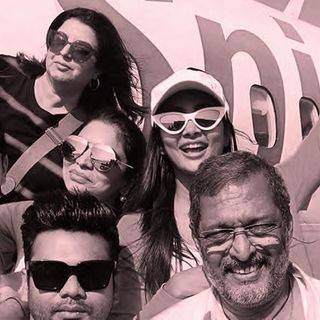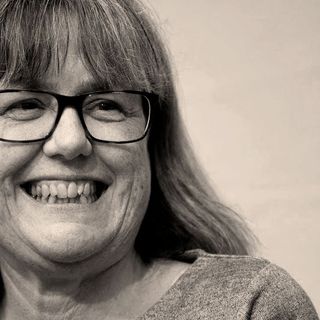Let’s just say it, life is all about making some tough decisions. We all have, at some point, spent more time choosing which Netflix show to watch next than actually watching one, choosing what to order than the time it takes to eat, deciding on an outfit than the time it takes to button a shirt. Why are we so indecisive?
Now, you can blame it on your brain — on the choice overload effect, to be precise. A new Caltech study has found that when the brain faces an overwhelming number of similar options, it struggles to make a decision. And the two parts responsible for it are the the anterior cingulate cortex (ACC) and the striatum. Which means that while your ACC is anticipating rewards, your striatum is deciding its value. Therefore, together, mental effort and the potential reward result in a sweet spot where the reward isn’t too low and the effort isn’t too high.
The study has also revealed the number of options the brain prefers when faced with a choice. Turns out, the ideal number for a person is somewhere between 8 and 15 options. (The range is due to variables in perceived reward, difficulty of evaluating the options, and a person’s individual characteristics.)
For the research, six, 12, or 24 pictures were given to volunteers, who had to choose one for printing on a coffee mug. While they were making their decision, a functional magnetic resonance imaging (fMRI) machine was recording activities in their brain. As a control, volunteers were asked to browse the images again, but their image selection was done randomly by a computer. It was through this activity that the two parts of the brain were identified as being responsible for indecision.
Researchers also observed that those who faced 12 options had the highest amount of activities in the ACC and striatum than those with 24 options because as the number of options increases, the potential reward increases, but then begins to level off due to diminishing returns, feels Colin Camerer, PhD, who is the lead author of the study published in the journal Nature Human Behavior.
Still, he acknowledges, people also tend to feel freer and like they have more control over their lives when they have more options to choose from, even if having all those options ends up distressing them at decision time.
“Essentially, our eyes are bigger than our stomachs,” says Camerer. “When we think about how many choices we want, we may not be mentally representing the frustrations of making the decision.”
So, the next time you find yourself browsing through Netflix, maybe try limiting yourself to genre and pick from within that? That might get you to the 8-15 sweet spot, and your brain would love that.




